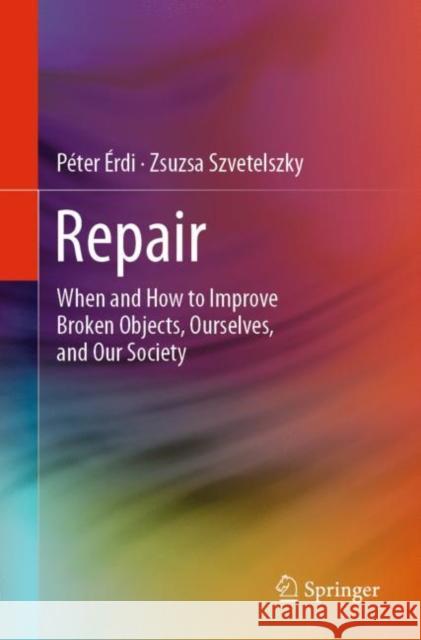Repair: When and How to Improve Broken Objects, Ourselves, and Our Society » książka
topmenu
Repair: When and How to Improve Broken Objects, Ourselves, and Our Society
ISBN-13: 9783030989071 / Angielski / Miękka / 2022 / 205 str.
Kategorie:
Kategorie BISAC:
Wydawca:
Springer Nature Switzerland AG
Język:
Angielski
ISBN-13:
9783030989071
Rok wydania:
2022
Ilość stron:
205
Wymiary:
23.5 x 15.5
Oprawa:
Miękka
Dodatkowe informacje:
Wydanie ilustrowane











